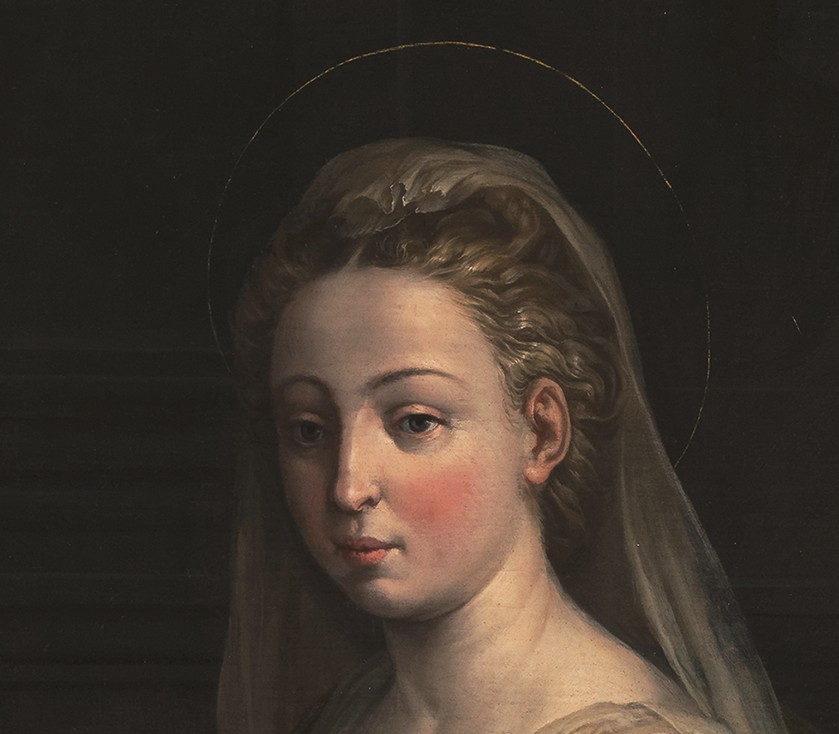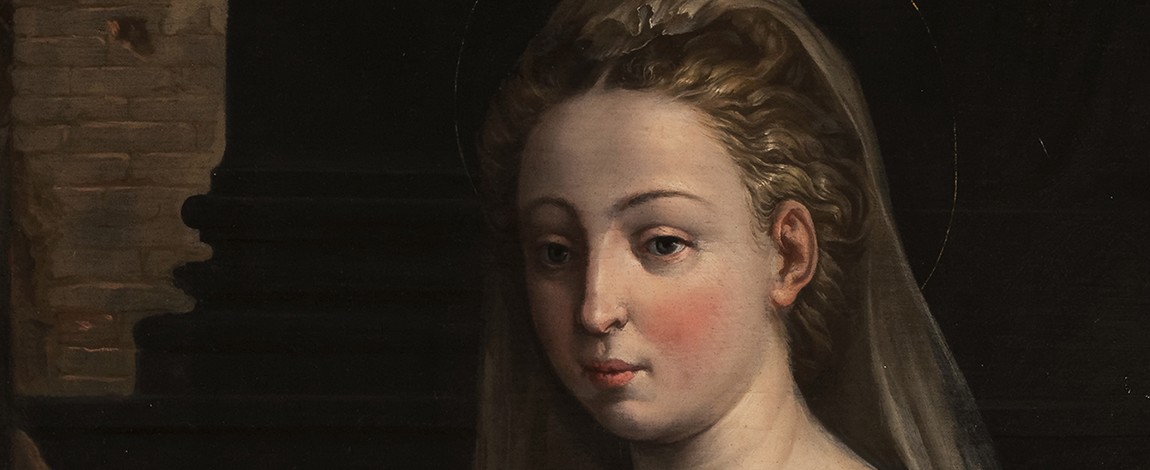
A few weeks ago, while preparing the Christmas articles, I came across a Joseph Marx Lied called Marienlied. The title didn't tell me anything at that time, but when I found it again with the title Marienlied (Ich sehe dich), a music with these words came to mind. Of course! This Lied was written from the same poem as Geistliches Lied (Marie), the Lied by Franz Schubert I had remembered.
The poem, which opens with the line “I see myself in a thousand pictures,” is by Friedrich von Hardenberg, Novalis, and comes from a collection of fifteen poems published posthumously in 1802, titled Geistliche Lieder. In addition to Schubert's version, we have heard that of Max Reger, and this week I propose that of Joseph Marx, who is practically contemporaneous with the previous one. If Reger's version is from 1907, Marx's version is from 1909. The following year, it appeared in the first volume of Lieder und Gesänge, in a voice and piano version, but he had already created an organ version. Years later, Marx orchestrated Marienlied; I can't tell you which year, but we do have a reference: soprano Elisabeth Schumann, who seemed to be in love with this song, recorded it with the Vienna State Opera orchestra in 1928.
When I told you about Novalis poem, I said that the verses move between the sacred and profane sphere; the work of this poet who died at his twenty-one is marked by mysticism and the death of his fiancée Sophie von Kühn, to the point that it seems that the young woman became the object of his religiosity. I also told you at the time that much had been said about the sacred or profane character of Schubert's Lied: there were those who found it clearly religious, and those who were more inclined towards the worldly option. For me, it is interpretation what tips the balance to one side or the other. In Reger's case, there is no room for doubt, as he wanted it to be a religious song, a hymn to be sung in the church.
And what about Marx? The fact that he prepared a version for voice and organ suggests that he also conceived it as a religious song, but when I listen to the orchestrated version, it doesn't seem as clear. You can judge yourself by the interpretation of Juliane Banse and the Munich Radio Orchestra under Sebastian Weigle. I would say the first stanza may lean towards spirituality, but I feel the second one belongs to this world. And, perhaps, the violin that closes the song returns it to the spiritual realm. All of this without forgetting that the Lied repertoire is not lacking the earthly love songs so contemplative that they would easily pass through religious songs.
Anyway, we'll come back to this poem with some more songs.
Ich sehe dich in taüsend Bildern,
Maria, lieblich ausgedrückt,
Doch keins von allen kann dich schildern,
Wie meine Seele dich erblickt.
Ich weiss nur, dass der Welt Getümmel
Seitdem mir wie ein Traum verweht
Und ein unnennbar süsser Himmel
Mir ewig im Gemüte steht.
In countless pictures I behold thee,
O Mary, lovelily expressed,
But of them all none can unfold thee
As I have seen thee in my breast!
I only know the world's loud splendour
Since then is like a dream o'erblown;
And that a heaven, for words too tender,
My quieted spirit fills alone.













